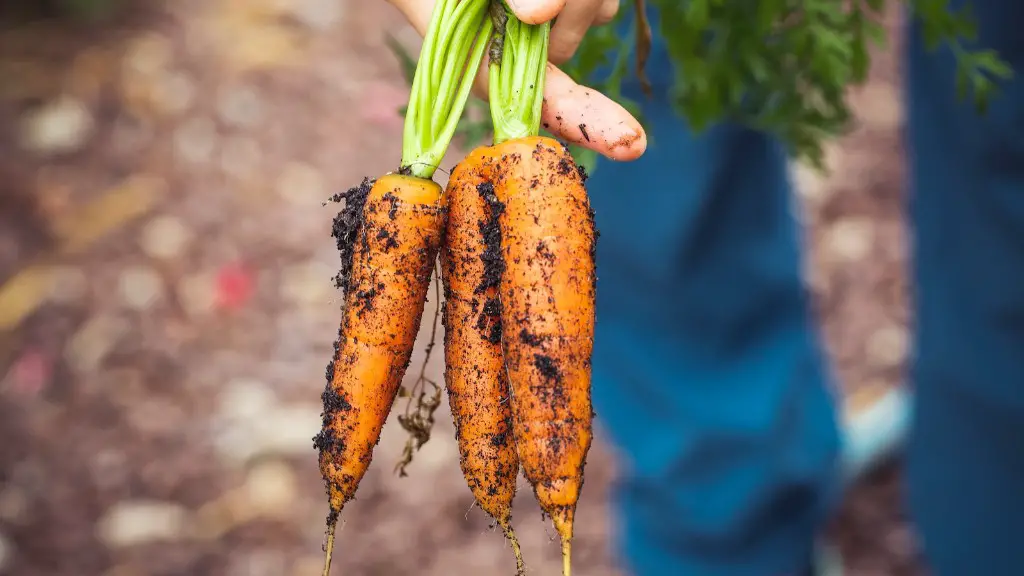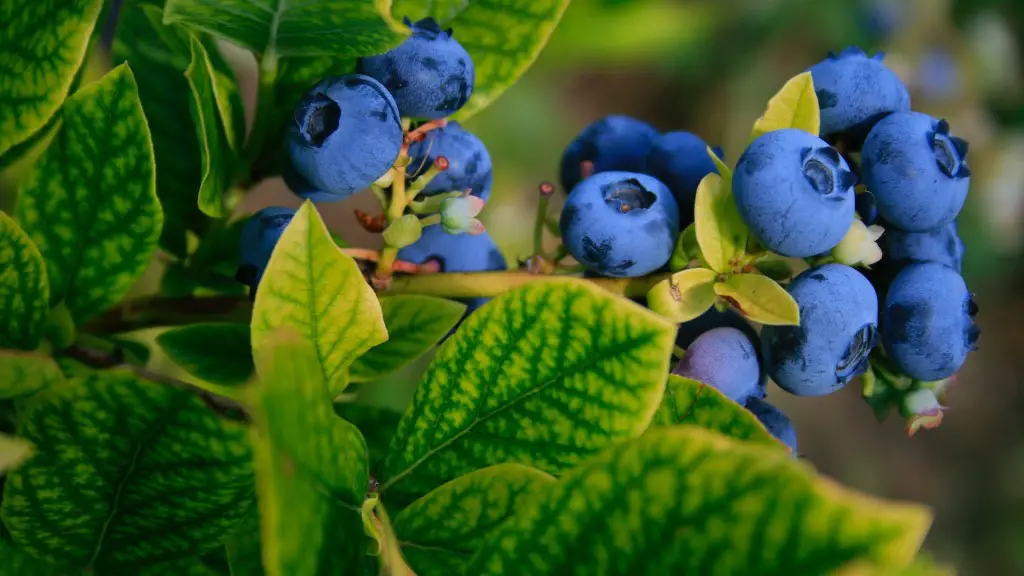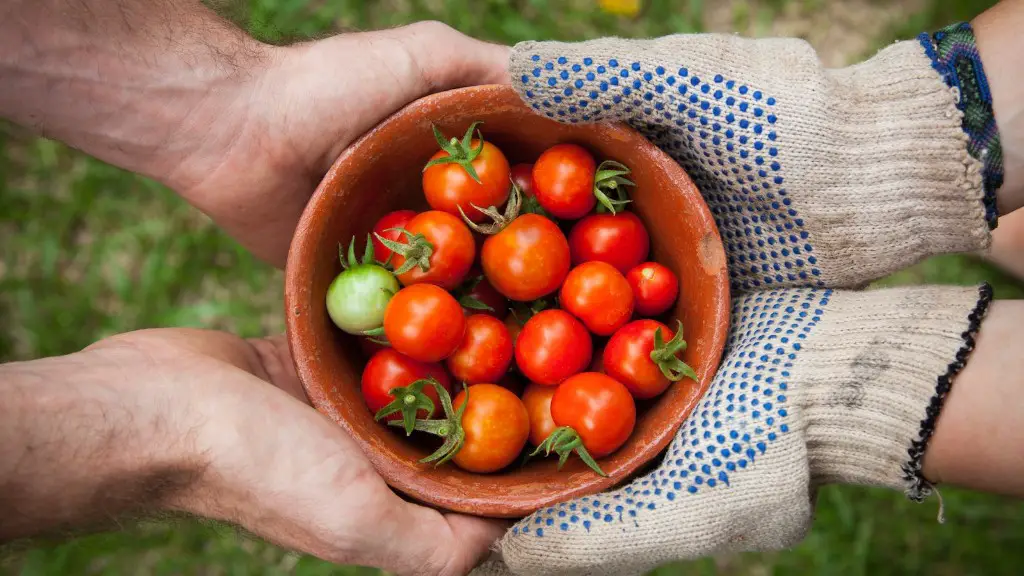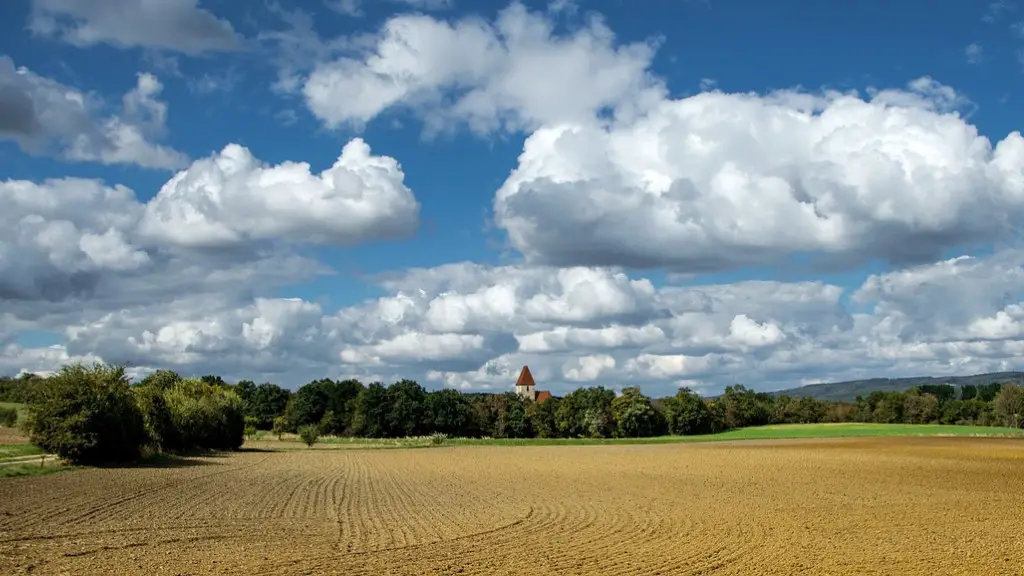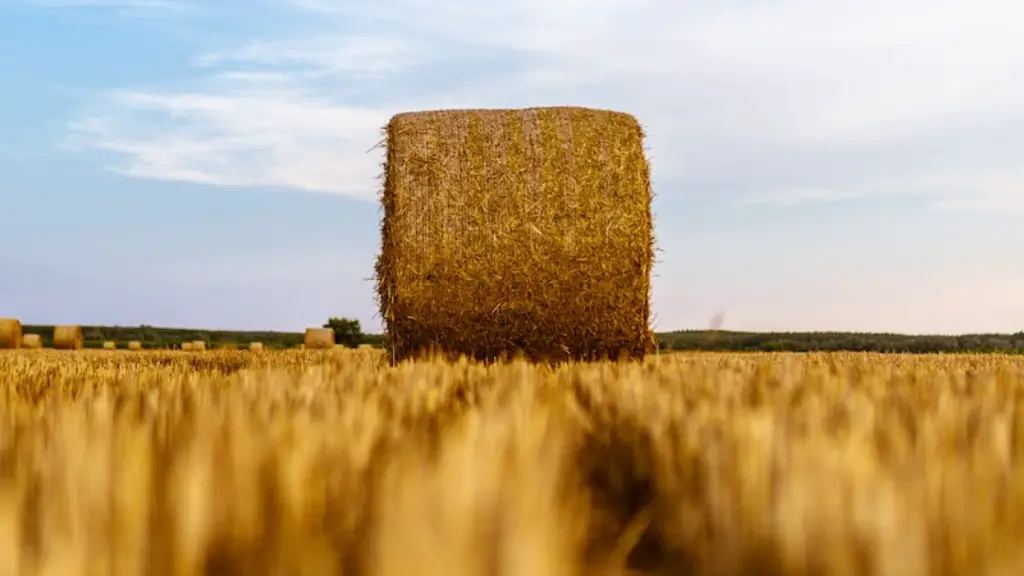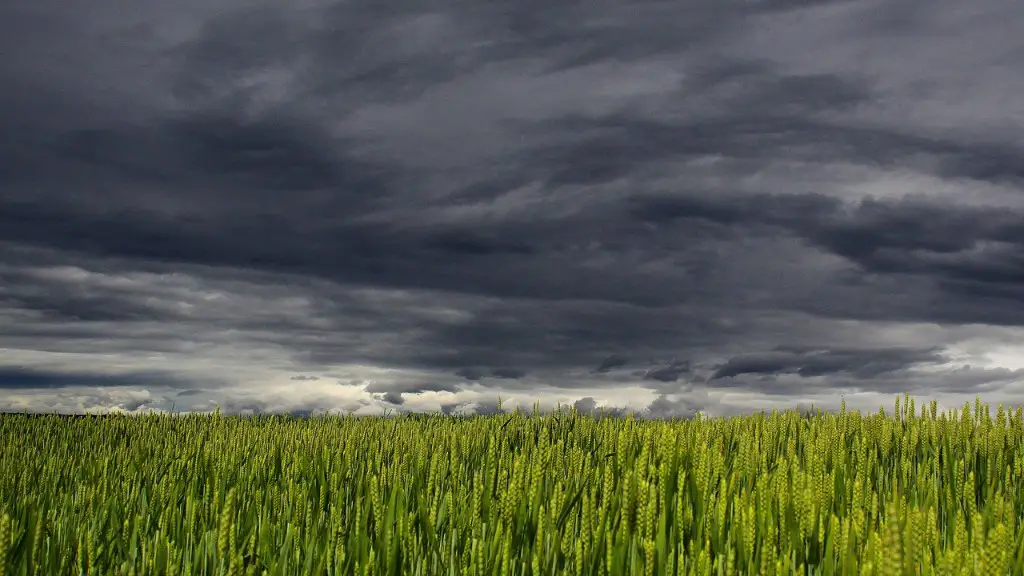Pollinators are important to crop agriculture because they transfer pollen from the male organ or flower of one plant to the female organ or flower of another plant. This process is called pollination, and it is necessary for the plant to produce seeds.
Pollinators are important to crop agriculture because they help to transfer pollen from the male reproductive organ or stamen of a flower to the female reproductive organ or pistil. This process is called pollination and is necessary for the production of seed in most plants.
Which pollinators are most important to agriculture?
Bees and hummingbirds are both important pollinators for a variety of crops. Bees pollinate our blackberries and a multitude of other crops, while hummingbird pollination is crucial in production for fruits and vegetables. Both of these pollinators are essential for a healthy and productive crop yield.
Pollination is a process that enables plants to reproduce. It occurs when the pollinator moves the pollen from the male plant to the female. The pollen acts as the plant-equivalent of sperm, fertilizing the female for reproduction as well as fruit and seed production. Some plants are self-pollinating, meaning that they can fertilize themselves.
What are 3 reasons pollinators are important
Pollinators are an essential part of our ecosystem and we need to do our part to protect them. One way we can do this is by planting native flowers and plants that provide them with food and shelter. We can also avoid using pesticides and herbicides that can harm them. By working together, we can create a safe environment for pollinators and ensure that our food supply is secure.
One out of three bites of the food we eat is made possible by pollinators like bees, butterflies, and bats. These creatures are responsible for the pollination of over 150 crops worldwide, including fruits, vegetables, chocolate, coffee, nuts, and spices. without them, our food supply would be greatly diminished.
Why are bees important for agriculture farming?
Honeybees are a big business, pollinating $15 billion worth of crops in the United States each year. They also produce honey, worth about $32 million in 2017.
In the United States, many crops rely on bees for pollination. These include apples, almonds, watermelon, pumpkin, blueberries and avocados. Insect pollination also benefits many other fruits, vegetables and legumes, making their yields more abundant.
What would happen if there were no pollinators?
Bees play a vital role in our ecosystem, pollinating plants that provide food for animals, which in turn provide food for us. If we lose the bees, we lose a key link in the food chain and our supermarket shelves would be half empty. We need to do everything we can to protect these important creatures.
A range of studies have shown that non-bee pollinators like butterflies, beetles and hoverflies play an important role in the pollination of crops like fruits, vegetables, and oilseeds. This is an important finding because it means that we can’t just rely on honey bees for crop pollination. We need to protect all pollinators if we want to maintain a healthy and productive food supply.
How do pollinators help plants grow and survive
Pollination is a vital step in plant reproduction, as it helps to transfer pollen from the male part of the plant (the anthers) to the female part (the stigma). This process is usually carried out by a pollinator, such as a bee or a butterfly, which picks up the pollen from the anthers and then delivers it to the stigma of another flower. Once the pollen has been transferred, the flower will then produce fruit and seeds.
Bees, butterflies, birds, bats, and other pollinators help improve food production by carrying pollen from one flower to another. This process, known as pollination, helps the plant reproduce and produce fruits, vegetables, and nuts. By doing this, pollinators play a vital role in ensuring food security and nutrition for people around the world.
Why helping pollinators is so important?
Pollinators are essential for the health of natural ecosystems. By pollinating plants, they allow them to fruit, set seed and breed. This in turn provides food and habitat for a range of other creatures. So the health of our natural ecosystems is fundamentally linked to the health of our bees and other pollinators. Maintaining our native flora also depends on healthy pollinator populations.
Pollination is vital for the survival of many plant species and the animals that depend on them for food. It is also essential for the production of many crops that humans rely on for their livelihoods. Unfortunately, pollination services are under threat from a variety of factors, including habitat loss, pesticide use, and climate change. These threats could have devastating consequences for both the natural world and human society.
What effects do pollinators have on crops
Pollination by insects is a critical ecosystem service that is necessary for production of most crops, including those providing essential micronutrients, and is thus essential for food security [1].
Insect pollinators, such as bees, are declining globally [2], and this decline has been linked to a range of stressors, including land-use change, pesticide use, and climate change [3].
There is a need to better understand the drivers of insect pollinator decline in order to design effective conservation and management strategies.
There is evidence that pollinators can increase the yield and improve the quality of many crops. Good pollination can increase the stability of crop production, reducing year to year and place to place variability in yield, by buffering effects of climate change and changing land use.
Why do farmers prefer that bees pollinate their crops?
Bees are vital for the pollination of many crops and plants. This results in increased yields of fruits, pulses, seeds, berries and nuts. Studies have shown that pollination by bees can have a significant impact on crop yields. For example, in one study, pollination by bees improved the yield of apples by up to 30%. In another study, pollination by bees was shown to increase the yield of blueberries by up to 2%. These studies demonstrate the importance of bees for crop pollination and the potential impact that they can have on crop yields.
Hi,
I just wanted to write and say that I think it’s great that honey bees are recognized for their work as crop pollinators. It’s estimated that this agricultural benefit is worth between 10 and 20 times the value of honey and beeswax. That’s a huge contribution! I hope this recognition leads to more efforts to protect and conserve honey bees, so that they can continue to provide this valuable service.
Warp Up
Pollinators are important to crop agriculture because they help to transfer pollen from the male reproductive organ, or stamen, of a flower to the female reproductive organ, or pistil. This process, called pollination, is necessary for the plant to produce seeds.
The honeybee is the most common pollinator in North America and is responsible for pollinating a wide variety of crops, including apples, almonds, avocados, and squash. In addition to honeybees, there are a variety of other pollinators that are important to crop agriculture, including bumblebees, solitary bees, and bats. These animals play a vital role in the production of many crops and without them, our food supply would be greatly diminished.
